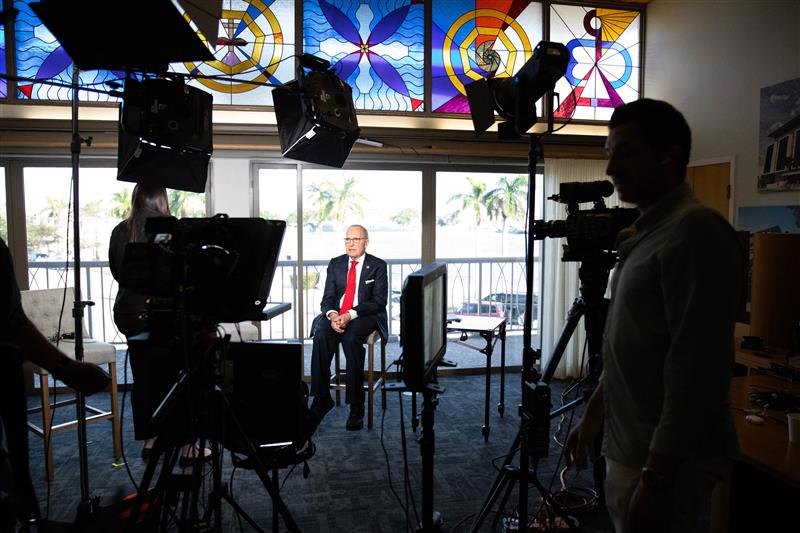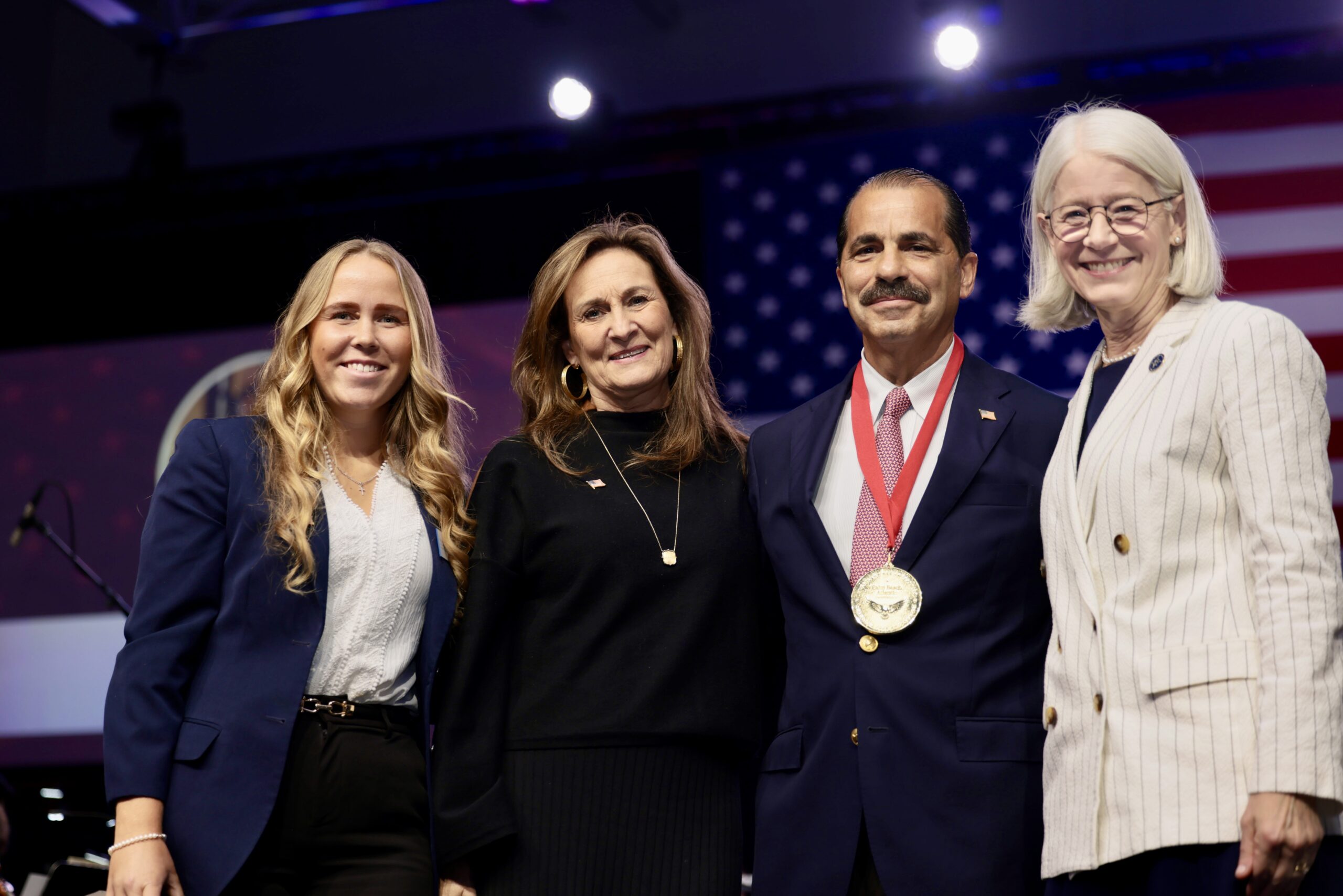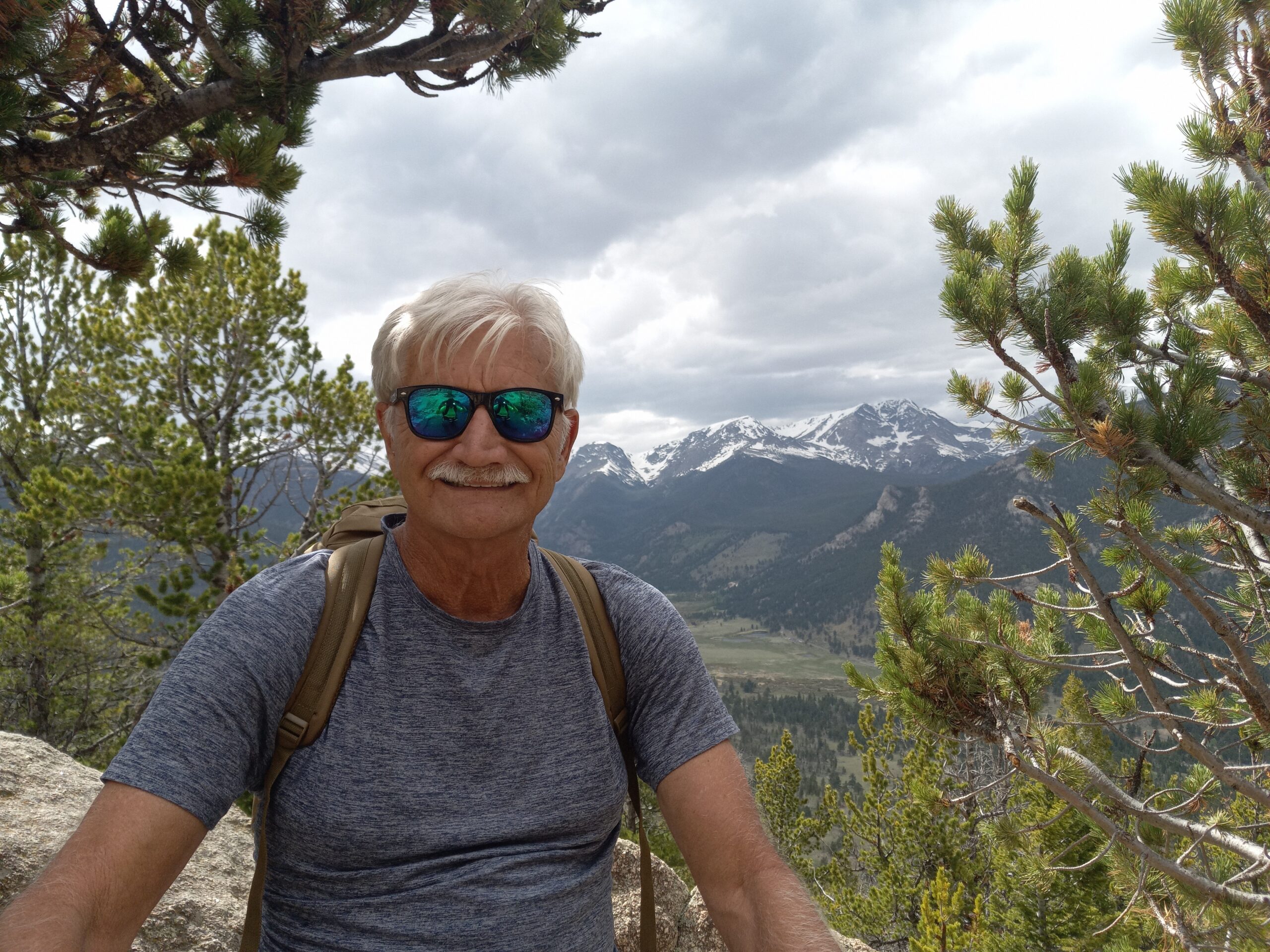A series of live video chats is helping students finish their first year strong, despite challenges posed by the coronavirus.
Last month, First Year Experience peer mentors conducted a ZOOM Q & A for freshmen and transfer students explaining how to request on-campus housing, how to register for next semester’s courses and how to change your major – all without in-person meetings. University offices and operations continue to function remotely.
This past Monday, First Year/Transfer Experience Director Danne Pierre hosted an Instagram Live with counseling professor Dr. Phil Henry ’79. Henry shared a scientific and biblical perspective on managing fear and anxiety.
People tend to focus on the physical aspects of a crisis and downplay the emotional aspects, Pierre said.
“We forget that fear and doubt and sadness are real and normal responses in the midst of active trauma,” Pierre said. “I wanted to let students know that and give them resources on how to process those emotions.”
Later this month, Peer Mentors will lead a “Get Zen with Us” virtual yoga session to help students de-stress before finals.
All of those activities are in addition to a Wednesday afternoon MOSAIC Live series, during which students take turns hosting Instagram Live discussions. The discussions delve into topics that the students are passionate about, such as food insecurity, medical debt/the underinsured and inequitable resources in education. Josmery Botello, Kayla Buffa and Gabrielle McIntosh host or co-host the discussions.
In the next session Wednesday, McIntosh, a junior studying medicinal and biological chemistry, will focus on inequity in the education system. She was motivated by stories from relatives who work as teachers, administrators or in related roles. They know students who don’t have access to the internet or to a computer for online learning.
“These disparities, which were a problem before the COVID-19 epidemic, are not usually discussed,” McIntosh said. “I hope that discussing these issues will start a bigger conversation to ensure individuals have these basic needs to be successful.”
During his Instagram Live interview with Pierre, Henry said the pandemic may exacerbate existing issues. Those issues may include lack of access to healthy food, obsessive compulsive disorder involving hand-washing and dysfunction within a family.
Every generation has its challenge, whether war, the Great Depression or political uprising, Henry said.
“This either defines you in a positive way or it defines you in a negative way,” Henry said. “There’s no way not to address it.”
There are real, legitimate fears that people may experience in their bodies before they even register in the brain. Anxiety kicks in when looking back or looking inward. It robs people of the present and is always unproductive, Henry said.
“We spend a lot of time thinking about things we can do nothing about,” he said. “That anxiety is suppressing your emotions, not letting you deal with them and work through them.”
People are complicated and often feel more than one emotion at a time. A student-athlete, for example, may be angry and sad about the lost season and end-of-year accolades, Henry said. Acknowledging the feelings helps work through them.
Jesus was supposed to be angry on the cross; instead he asked the Father to forgive those who put him there and instructed John to take care of his mother.
“He mastered that,” Henry said. “We can begin to master these things. We can become the best representation of ourselves and help others do the same.”
Going back to spiritual roots helps. So does keeping up good eating, sleeping and exercise habits. Routines lower anxiety – and the more anxious you get, the stricter the structure should be, Henry said. Henry also advised paying attention to signs of a funk and reaching out to others. Pray for and listen to their needs, too, Henry said.
As a result of the crisis, some people will inevitably change careers or end relationships, and that’s OK, Henry said.
“This can be among the most difficult of times and the most meaningful of times at the same time,” Henry said.
Tips for Managing Anxiety from Dr. Phil Henry:
-Accept your emotions.
-Face fears head on rather than trying to avoid them.
-Get back to your spiritual roots.
-Make a schedule and stick to it.
-Maintain healthy eating, sleeping and exercise habits.


